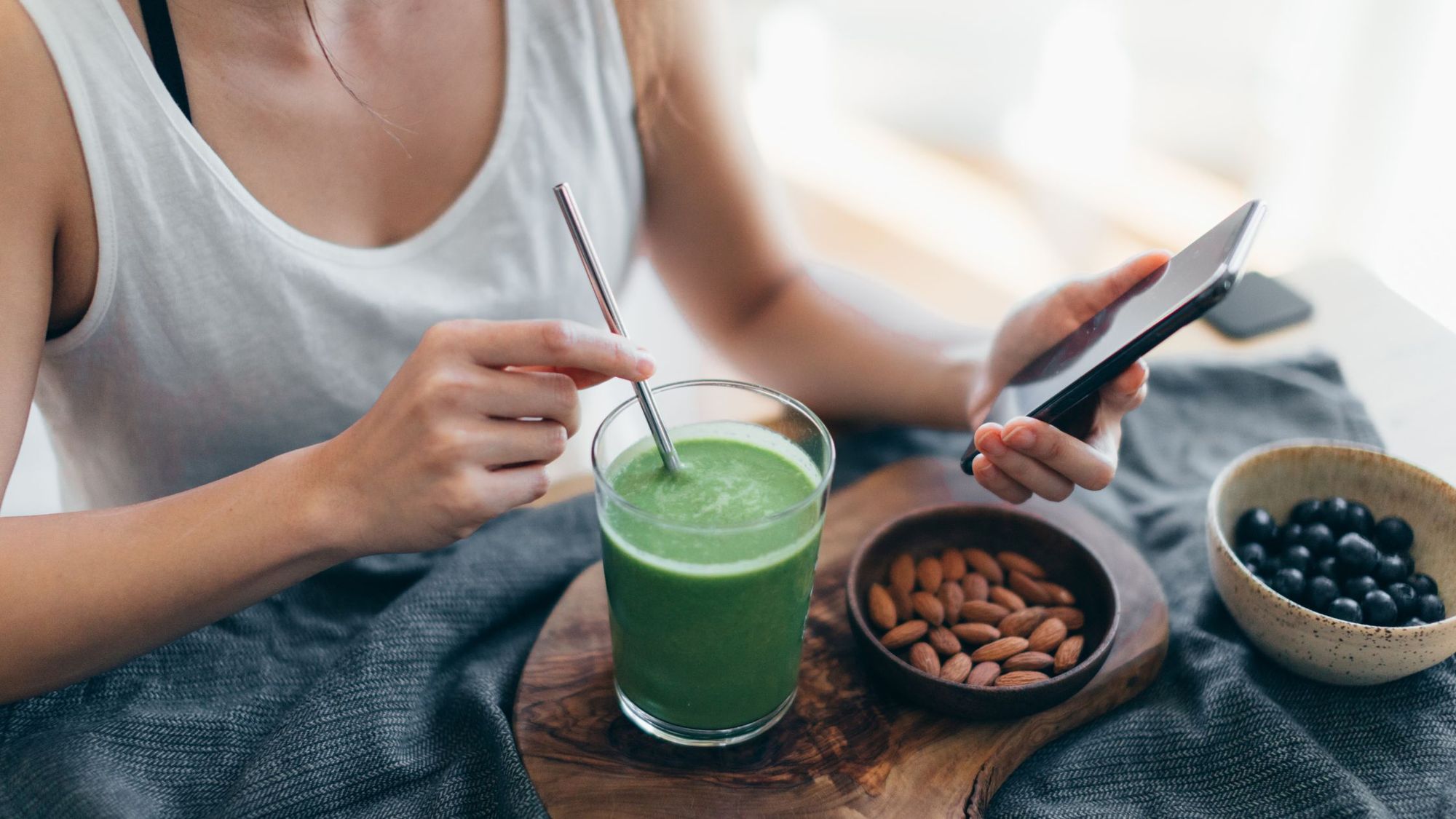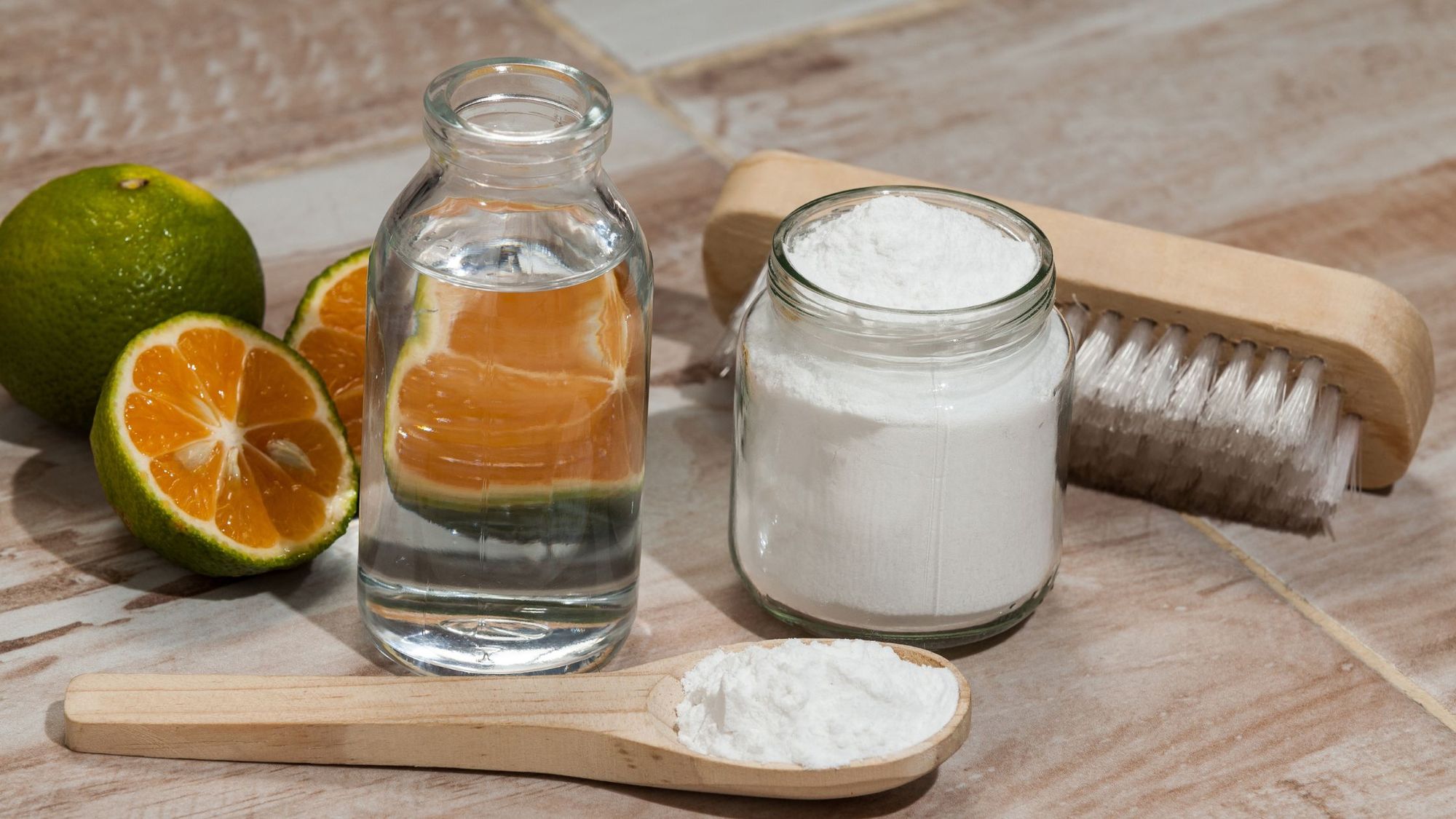
Maintaining optimal bone health is crucial for leading an active and fulfilling life.
Our bones provide structural support, protect vital organs, and enable smooth movement, to name a few of their key functions.
However, as we age, our bone density tends to decline, making us more vulnerable to fractures and osteoporosis. This is especially true if we don’t put on bone mass during the time leading up to 30 years of age. By that point, we’d have achieved peak bone mass.
Fortunately, there are effective, natural methods you can use to enhance bone density and overall bone health today. Here are 7 practical tips to boost your bone density.
- Get Sufficient Calcium and Vitamin D
There was a reason why Mom was always making sure we had our glass of milk. Calcium is one of the most important nutrients for ensuring good bone health.
Our bones need their supply of calcium to replace old bone cells and grow in mass.
Calcium and vitamin D are key nutrients for maintaining healthy bones, working hand in hand to great effect. Calcium serves as the foundation for bone formation, while vitamin D aids in calcium absorption. To ensure you’re getting enough calcium, incorporate dairy products, leafy greens, and fortified foods into your diet.
Additionally, spend time outdoors under the morning sun to allow your body to naturally produce vitamin D, or consider taking vitamin D supplements if necessary.

- Prioritize a Balanced Diet
As much as some nutrients are beneficial for bone health, you shouldn’t go overboard or ignore the rest of your diet either.
Maintaining a balanced diet is crucial for overall health, including bone health. In addition to calcium-rich foods, ensure your diet includes other essential nutrients like magnesium, potassium, vitamin K, phosphorus, and protein.
Magnesium can be found in nuts, seeds, and whole grains, while potassium is abundant in bananas, sweet potatoes, and avocados. Dark leafy greens are also excellent sources of vitamin K, and phosphorus is present in fish, lean meats, and dairy products. Adequate protein intake is necessary for building and repairing bone tissue, so include lean meats, fish, poultry, legumes, nuts, and seeds in your meals.
- Add Strength Training to Your Workouts
Adding weight training to your list of exercises not only builds muscle mass, but also promotes healthier, stronger bones. In fact, even older postmenopausal women, who are beyond the peak age range of bone growth, can take advantage of light strength training.
There are many ways for you to begin strength training. The gym has a variety of equipment that can help you train safely and effectively. If you can’t use the gym, then doing bodyweight exercises at home is fine too.
By placing stress on your bones through weight-bearing exercises, you stimulate bone remodeling, leading to increased bone density. How often you should workout depends on what your goals are, but if you’re new to strength training, then 3-4 times a week is a good start.
- Ditch Unhealthy Habits
It seems to go without saying, but certain lifestyle choices like smoking, excessive alcohol consumption, and leading a sedentary lifestyle can decrease bone density. Smoking affects calcium absorption and reduces estrogen levels in women, increasing the risk of osteoporosis. Similarly, excessive alcohol consumption interferes with calcium absorption and inhibits the production of new bone tissue.
It’s not wrong to indulge yourself, but only in moderation. If the task of adopting healthier habits seem to be overwhelming at first, it’s a good idea to gradually get there with micro habits.

- Reduce Sodium and Caffeine Intake
While not as detrimental as the previous point, high sodium and caffeine consumption can contribute to calcium loss from the body, which can negatively affect bone density. Limit your intake of processed and packaged foods, as they are often high in sodium. Additionally, be mindful of your caffeine consumption from sources such as coffee, tea, and energy drinks. Moderation is key to maintaining healthy bones.
The Bottom Line: Bone Health, Lifestyle and Your Genetics
Bone health might not be in the spotlight the way that weight loss or bodybuilding is, but it’s definitely an important piece of your overall well-being.
Now that you know that there are many ways to improve and maintain your bone health in your everyday life, you should take your genetics into consideration too. Osteoporosis runs in families, and understanding this risk can help inform your approach to your lifestyle choices. Taking a DNA test from CircleDNA, you can take proactive measures to identify and prevent such a risk. Beyond just bone health, you have the tools at hand to enrich your own life with detailed insights into what makes your overall health unique.






